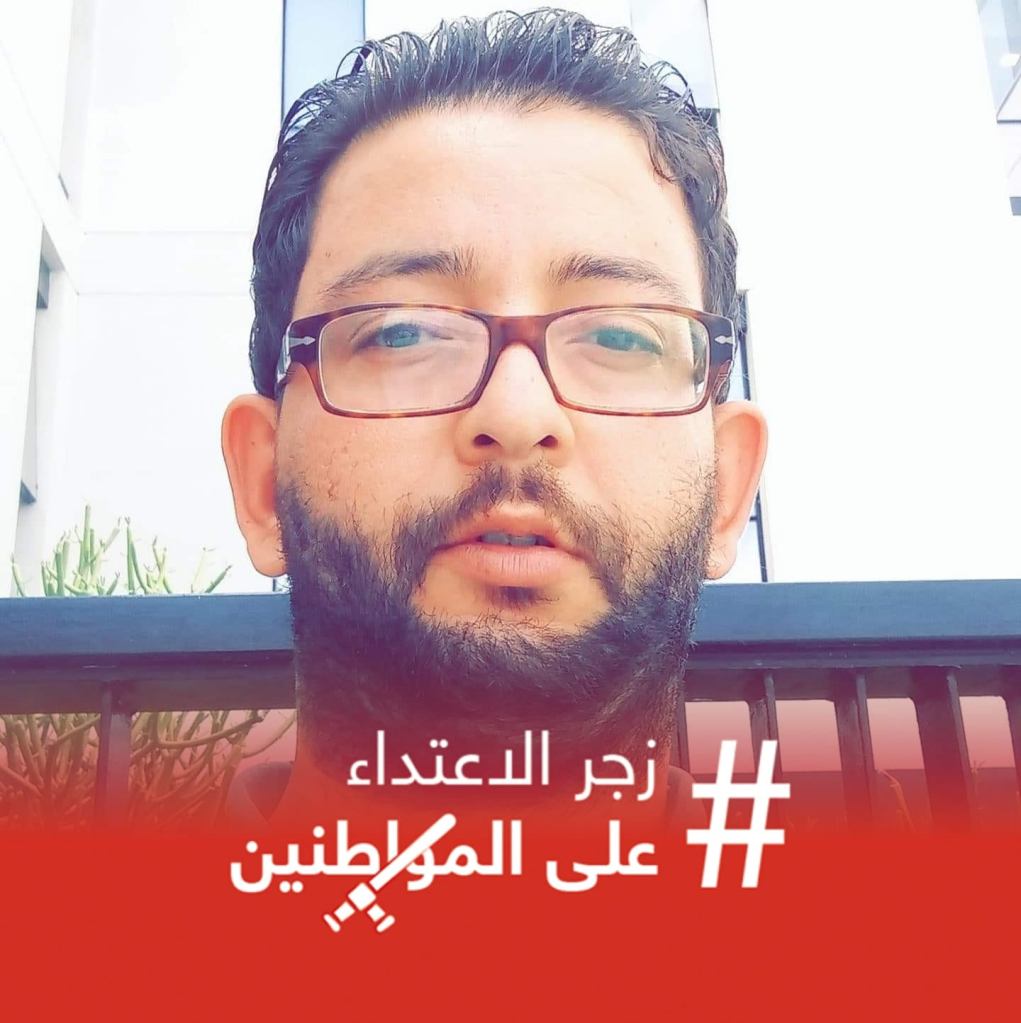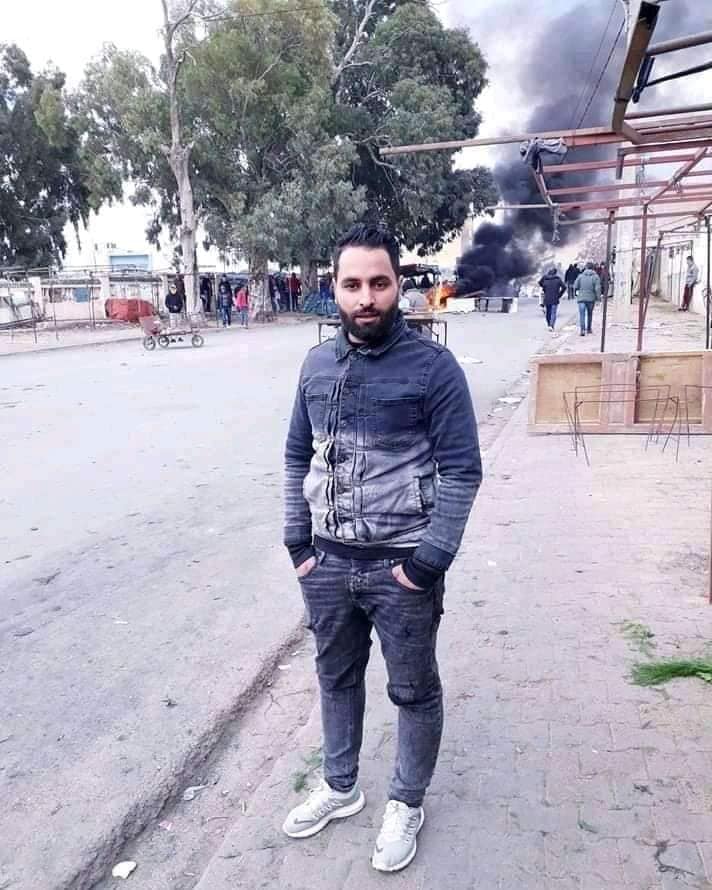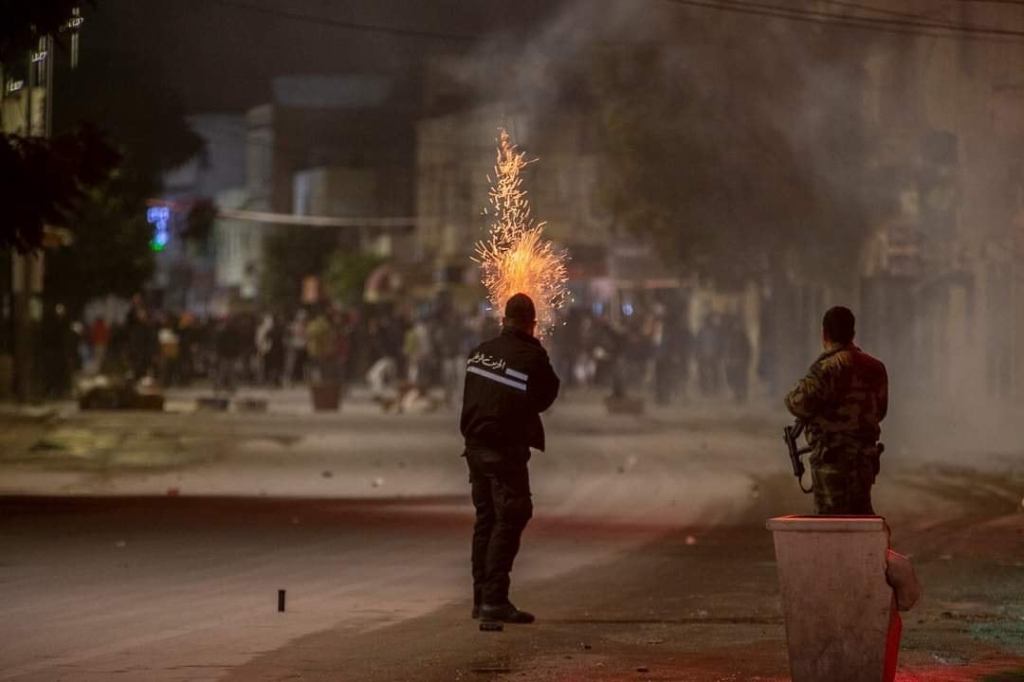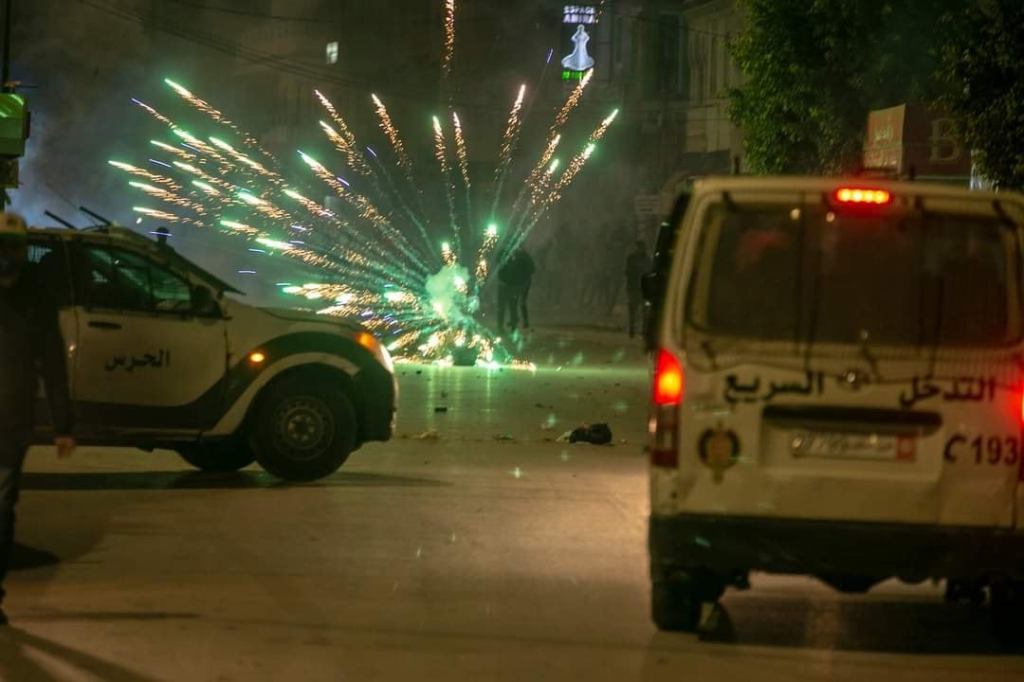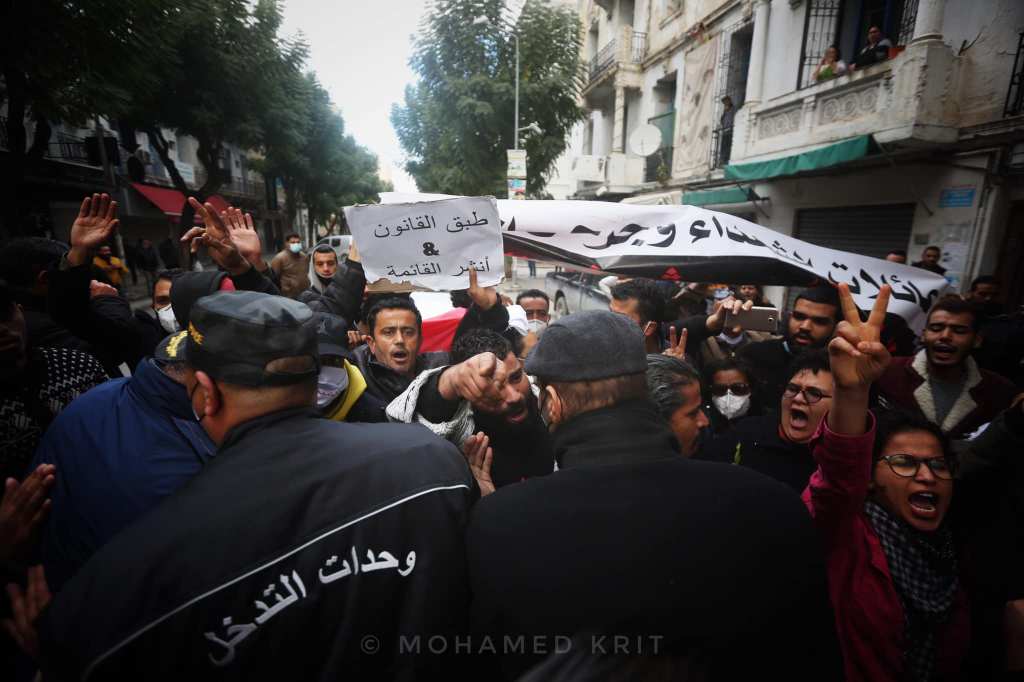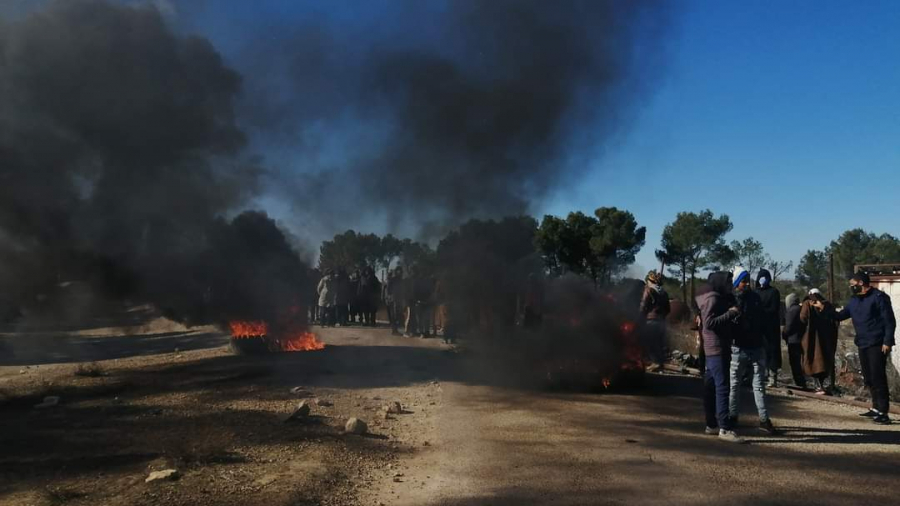from Maoistroad
Farmers' protest in India
Thousands
of farmers poured into India's capital, New Delhi, in a real siege
between November and December last year to protest against the new
three agricultural laws that the government enacted in September
2020.
A
protest never seen in size, as several media admit: "Protests
are the largest mobilization ever of the peasants ..."
Soon
after the promulgation of the three black
laws, as the peasants call them, protests
had begun in the various states of the Indian Union, especially in
the northern states of the country, Punjab, Rajasthan, Haryana,
western Uttar Pradesh... and after a
general strike on
25 September throughout India (Bharat
Bandh), the
protest also spread to entire Uttar
Pradesh, and also to
Karnataka,
Tamil Nadu,
Odisha,
Kerala,
Uttarakhand and
parts of Maharashtra and Madhya Pradesh; but since the beginning of
November the organized peasant masses gathered in over 40 large
"unions", having had no response from the government, have
decided to move the protest directly to the city where the government
is based.
The
reasons for challenging the three black laws are clear and simple, so
as clear has become to everyone their substance: the government wants
to give the green light to the entry of multinationals into the
country's agriculture by clearly dismantling the current system of
production, sale and distribution of agricultural products (a system
which works through the sale to the state at collection centers and
protected markets – the so-called
'mandi' – at a guaranteed minimum price – MSP is the acronym
used in India), which allows millions of farmers to survive; the
government wants the privatization of the whole sector which accounts
for about a quarter of gross domestic product and 650 million workers
involved in agriculture (half of the population!) and put it in the
hands of the large multinationals, especially Indian at the moment,
dominated by the Ambani, Adani, Birlas, Tata etc., with their control
over agricultural products, control of prices on contracts with
farmers, etc., in short, total control of the sector. Modi's
statements in this regard are clear: "The new decade will see
the birth and growth of indigenous multinationals", "Reforms,
from agriculture to space, will increase the scope of business..."
The
meaning and objectives of the laws are therefore clear, but as
everyone knows, governments try to disguise their content by adding
words to deceive, to calm the masses in revolt, declaring that these
laws even represent improvements and benefits for the people!
The
three laws bear these high-sounding names:
Farmers' Produce Trade and Commerce (Promotion and
Facilitation) Act
Farmers (Empowerment and Protection) Agreement on
Price Assurance and Farm Services Act
Essential Commodities (Amendment) Act
The
first law expands the planned current commercial areas for
agricultural products to "any place of production, harvesting,
aggregation"; allows both wholesale and retail e-commerce of
essential agricultural products: a modality almost impossible for
farmers to use; prohibits state governments from imposing market
taxes, excise duties or other types of levies on farmers, traders and
e-commerce platforms acting in an "external trading area".
The
second provides a legal framework that should safeguard farmers who
enter into contracts with purchasers, and provide for price
indication; but in anticipation of the logical prevarication of
"buyers" towards farmers, it defines a dispute resolution
mechanism. The farmers, that is, after being screwed, as a journalist
says, will be able to "complain", perhaps bringing to court
giants of the world economy!
The
third law removes foodstuffs such as cereals, legumes, potatoes,
onions, edible oilseeds and oils from the list of essential products,
removing the storage limits of such items except in "extraordinary
circumstances"; And in order to throw smoke in the eye it
imposes a limit on the accumulation of stocks for agricultural
products only if this leads to an increase in prices.
In
fact, as we can see, it is precisely the dismantling of the current
system, which by the masters of the multinationals has been called
for as a 'prerequisite' (free market, prices to be bargained for, no
'protected' production) for any investments.

To
get farmers into even more debt and bankrupt them, that is what they
aim to, for a "free" use of the land, transforming it into
monocultures or factories, mines. That’s what, exactly, they have
been trying for about 30 years, as some analysts remember! It is the
recipes of the International Monetary Fund and the World Bank, the
"structural adjustments" imposed on various states in
exchange for the possibility of obtaining international loans: in
fact, this is the case of "reforms" that worsen the living
and working conditions of workers, labourers and the popular masses
in general. And the Chief Economist of the International Monetary
Fund says it openly: "The laws on
agriculture and work are important steps
in the right direction. They have the potential for a more flexible
labour market... and in the case of agriculture to have a more
integrated market that creates competition..." These
'adjustments' are gladly followed by Modi, who is simultaneously
trying to restrict the powers of the various States of the Union,
such as on agriculture, by centralizing decisions and passing the
costs on to them.
Protests
Once they have understood the true content of the
laws (and to these must be added the new law called the "amendment"
on electricity that provides, also this, price liberalization and
related increase in tariffs and additional costs for farmers!), the
masses of farmers have unleashed protests with the sole aim of
forcing the government to withdraw the three laws: these are the firm
demands to date, together with another series of demands to lighten
the burden on the masses of farmers ... such as raising the minimum
support price (MSP) by at least 50%, reducing the prices of
agricultural diesel by 50%, withdrawing all charges against
protesting farmers and releasing arrested leaders.
The
protests targeted not only the government symbolically in the various
states, but the places of production, sale and storage of the goods
of India's masters: supermarkets, petrol pumps, storage silos,
telecommunications towers. The attack on these towers, in particular
(about 2000) has unleashed the ire of billionaire Ambani (who has a
personal wealth of 170 billion dollars in a country where the large
masses "live" with one dollar a day – 102nd place out of
107 in the international ranking of countries where hunger is most
suffering) who asked the courts and the government to intervene to
put an end to "vandalism".
These
protests, which took the government itself by surprise in part,
perhaps thinking of splitting the front that has been created by
using the differences between large and small farmers, have expanded
to the far-fetched, have expanded to other states and many other
sectors, have won popular support, the solidarity and material
support of intellectuals and workers who fight daily against masters,
and against ruthless governments: just think of the factory workers
who, when they rebel, are attacked and sometimes killed by the
private militias of the masters with the support of the State that
uses its industrial police
(CISF) to safeguard the profits of multinationals; or think to the
same State led by Modi who shows no scruples in having Muslims
massacred by discriminatory and racist laws.
Repression
The
right protests of the peasants were met by the government with the
harshest violence; it first tried to stem protests in different
states and then tried to prevent farmers from arriving in the capital
New Delhi, raising barricades, even digging trenches in the streets,
using "water cannons in the middle of winter, abuse,
provocation, trolls, blatant misinformation..." (the Hindu), and
still barbed wire, tear gas in an already ice-cold Delhi for polar
cold and rain floods.
The
death toll so far is about 60, not to mention the absurd scourge of
debt and poverty suicides, more than 10,000 in 2019.
The
strength of protest
But
despite the implementation of a powerful internal "troop"
movement, the government failed to do so: "We used water cannons
and installed barricades but we were not able to stop the peasants
who kept going ... Protesters move in large numbers and some of them
throw stones at policemen during clashes," "Protesters
broke through vehicle windows with water cannons and walked through
the square. Because of the large number we had no choice but to let
them through," one policeman reported. "The police dug
trenches to stop us from getting to Delhi. Our brave farmers have
passed every barricade, water cannons, tear gas to get here,"
said one farmer.
This
revolting mass has armed itself not only with traditional weapons of
popular struggles to repel police attacks, but also from a "legal"
point of view, intelligently using the results of the National
Farmers' Commission led by a famous agricultural scientist and under
the jurisdiction of the government itself; results that say that the
solution is not at all that of privatization, but rather to
strengthen the current system by recognizing farmers a higher price
for their products.
The
"novelty" of the massive presence of women
The
other "surprise" of these gigantic protests against the
Modi government is that of women. In fact, thousands of women have
gradually joined the peasants that started the fight, somehow
"breaking the feudal mentality" as one journalist says, and
who have shown all their determination by placing themselves at the
forefront of the fight.
For some Indian media it was a "surprise"
and they talked about it in these terms: "A
surprising feature of the protests this time is the presence of
women"... "thousands of women have become a pillar of the
farmers' protests blocking the streets in New Delhi and which have
become a major challenge for the government.
The presence and above all the protagonism of women is truly a
gigantic challenge for Modi's Hindu fascist government. But this
surprise is only the effect of the "invisibility" of the
female workforce on India's vast farmland.
Nearly 75% of rural women in
India who work full-time are farmers, according to non-governmental
organization Oxfam India, and the number is expected to even increase
as more and more men migrate to cities to find a work. Yet just under
13% of women own the land they work. And now these women have "taken
to the streets" as some of them say, with the intention of
staying there until they have won their battle.
The
importance of the issue (within the global crisis)
The
Modi government's obstinacy in wanting these laws to be applied at
all costs is explained by the "necessity" of the
representative of the Indian masters to give a positive response,
this certainly, to the hunger for profits of multinationals
aggravated by the global crisis and further aggravated at this time
by the global pandemic. The scope of the demonstrations, in fact, a
reflection of the importance of the subject in question, is of the
gigantic ones, it concerns the current state of affairs at world
level, it concerns the crisis and the response that governments try
to give to it to get out of it, it touches on global competition,
the kind of food supply that is fundamental to the very existence of
humanity, it touches on land grabbing, with the expulsion of local
populations, it concerns the destruction not only of agricultural
land with the use of chemistry, but also the destruction of the
immense forests of the country and the management of the immense "raw
materials".
Land
and forests that must be "free", precisely from the control
of farmers to allow the owners of the multinationals Ambani, Adani
etc. to "stay on the market", to compete internationally,
and given that, for example, the production of household appliances
or clothing and other "old" sectors stagnates, other
investment fields are needed such as the immense agricultural market
or the "new sectors" of high technology that allow great
profits... it is recent and very important, in this sense, Ambani's
billionaire agreement with the giants of the Internet, Facebook Inc.,
Google etc. and implanting new technologies, (the towers destroyed
by farmers during protests!) throughout the country means having
control of the territory, penetrating the forests building new roads.
This
aspect of forest control is of great interest for the Modi government
because these are the main place of action of the People's War led by
the PCI (Maoist), an insurmountable obstacle to the government's
plans. And it is no coincidence that some members of the government
immediately targeted the protest and solidarity with it by saying
that the farmers' protest ended up in the hands of the Maoists.
Government
plays the card of 'dialogue'
After
the first incessant and very strong weeks of struggle and the
encirclement of New Delhi, the government summoned the
representatives of the peasants to open the discussion on the three
laws. After 7 meetings, however, the government, mainly through its
Minister for Agriculture, has stood firm on its positions, it does
not intend to abolish the three laws! He just wants to discuss some
clauses and even try to convince the farmers of the goodness of the
laws. And Narendra Modi, always filling his mouth with the word
democracy, has said it openly and clearly: these laws are a
watershed! There is a before and after these laws, and there can be
no 'human approach 'on his part, as some farmers would like!
The
farmers, and the peasants, in turn, have stood firm in their demand
for the abolition of the three laws and are threatening other
initiatives if the request is not granted. The answer is in fact the
continuation of the struggle: the farmers have already built real
citadels around the capital (which has about 20 million inhabitants)
and in particular in some crucial places, and the situation can
become even more fiery given that the huge outskirts of Delhi has a
large number of industries and hundreds of thousands of workers.
After 8 January, if there are no adequate answers, peasants are
preparing the "tractor parade", a march inside the capital
for 26 January, Republic Day.
We
then can say that with his new three pro-multinational laws Modi has
raised such a great stone that in falling back he could give the
mortal blow to him and his government...


















